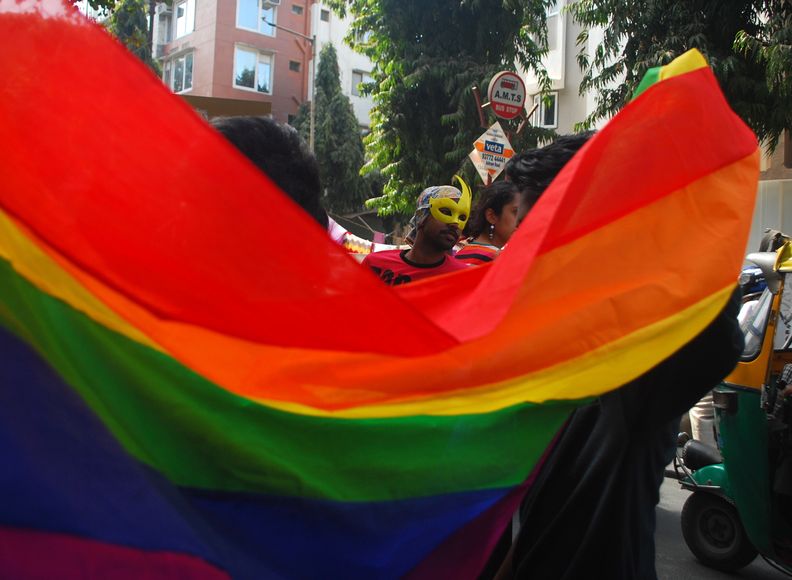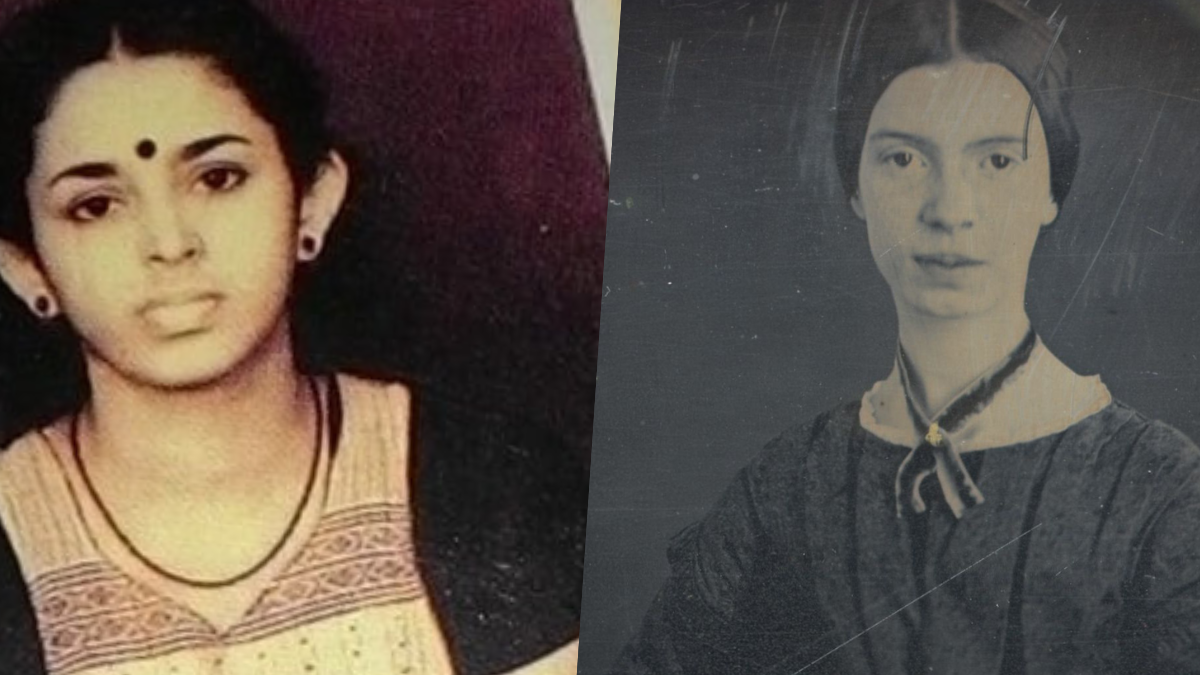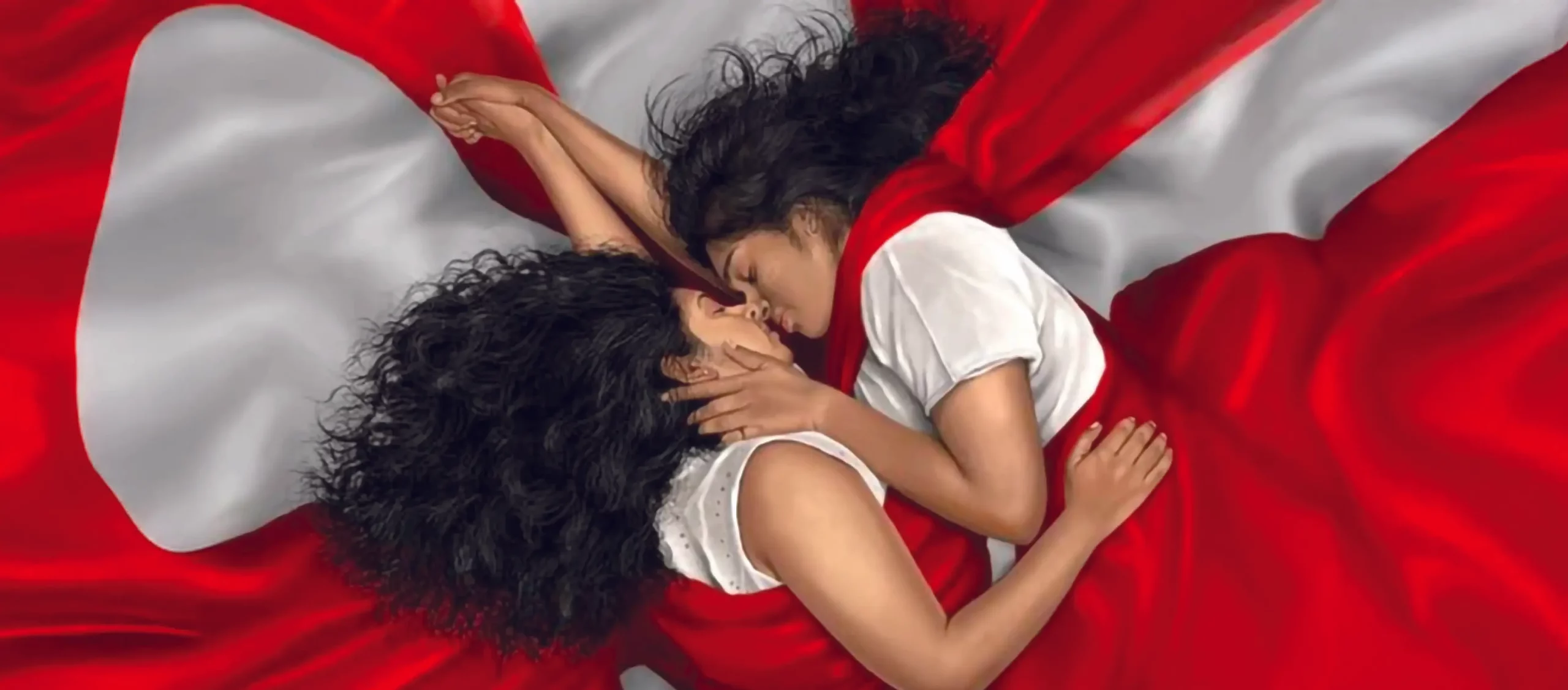A poet’s work… to name the unnameable, to point at frauds, to take sides, start arguments, shape the world, and stop it from going to sleep
SALMAN RUSHDIE
Poetry is among the oldest genres of literature. For years, poetry was monopolized (and in many ways, continues to be) by upper caste, upper-class men. It was meant for the elite,by the elite. A shift came with the age of Romanticism, a period characteristic of literary work from the mid 18th to mid 19th century. Romanticism, with its emphasis on the individual, the subjective, the irrational, the imaginative, the personal, the spontaneous, the emotional, the visionary, and the transcendental, soon gathered a mass audience, unlike the erstwhile Classical and Renaissance periods. Romantic poets made poetry more palatable and accessible.
Poetry is a form of writing that generally finds lesser readers owing to its style. Unlike a story or a play, poetry is more complex in its form, and requires greater involvement from the reader to be enjoyed. Poetry saw a significant breakthrough with the rise of spoken word poetry in the 20th century, that drew inspiration from existing indigenous traditions of oral story-telling and bardic poetry. The format soon diffused across the globe. It’s spread was aided by the advent of the internet. 21st century spoken word poetry is noted for its performative flavours, evocative emotions and capacity to communicate shared traumas, injustices and political identities in a transcendental, universal idiom.
Spoken word facilitates the democratisation of poetry by making it a tool for essential social dialogues. While the spoken word culture is often called out as an elite, privileged tradition, quite many spoken word artists are also representatives of the most marginalized, oppressed, vulnerable communities. Their poetry encapsulate both – resistance and oppression. When performed in first person by the artists themselves, spoken word gives agency to the poets to express themselves without being appropriated or hushed up.
Also read: The History Of Pride Parades In India
Here is a collection of seven spoken word performances that encompass the lived experiences of being queer. These poems are introspective, interrogative and authentic in their expression of queer identity and their contextualization of these identities at the crossroads of other identities. They are a reminder of the essence and relevance of the Pride Month and how much more is left to accomplish for social parity.
1. Trans/Generation by Alok Vaid Menon
Alok Vaid Menon (They/Them) was born to Malayali and Punjabi immigrant parents. Alok grew up in Texas and their early experiences of being bullied along with their struggles with respect to identity became the basis of their foray into art. As a mixed-media artist, their work explores themes of trauma, belonging, and the human condition. They are the author of Femme in Public (2017) and Beyond the Gender Binary (2020).
“In my culture, eventually a baby
turns into a child
turns into a gender
turns into marriage
turns into house
turns into mother
turns into servant
turns into regret
turns into repeat.“
Trans/Generation by Alok doesn’t individuate the perpetrator and the victim. It contextualizes them within the legacy of trauma transfer and what survival often entails. It calls out systemic violence over violent people and, in the process, implicates and redeems us all.
2. Orlando by Andrea Gibson
Andrea Gibson (They/Their) is a queer poet based in Colorado. Their poetry focuses on gender norms, politics, social reforms, and struggles of the LGBTQ+ community. Gibson, in an interview, noted, “I don’t necessarily identify within a gender binary. I’ve never in my life really felt like a woman, and I’ve certainly never felt like a man. I look at gender on a spectrum, and I feel somewhere on that spectrum that’s not landing on either side of that.”
“People Outside pushing bandannas into bullet wounds.
It’s true what they say about the gays being so fashionable.
Their ghosts never go out of style.
Even life, it’s like funeral practice.
Half of us are already dead to our families before we die.
Half of us on our knees trying to crawl into the family photo that night on stage.”
Orlando by Gibson commemorates the violent massacre in Orlando’s gay club – Pulse, that took the lives of 49 people. The poem takes you through the massacre scene and the trickle-down effects of targeted violence. It paints for you how anxiety and fear look physically and how much mental toil, the forced performativity of it all takes om queer individuals.
3. Bisexual by Daniel Garcia
Daniel Garcia is a Hispanic poet/essayist based out of the Dallas-Fort Worth Area and is currently pursuing a Creative Writing degree. Daniel’s work has been featured at Write About Now Poetry, Capturing the Corners, the University of North Texas, the WaterTower Theatre, Mountain View College, Grayson College, and SUGAR Magazine.
“And yet another straight man asks me if you had to choose between a man and a woman, what would it be.
And I do not think of the queer people that said I was halfway in the closet.
That I should come out all the way.
And when I did, they were like, No, Not like that.”
Bisexual by Garcia is an engaging piece that prompts members within and outside the Queer community to introspect. Shaded with tinges of sarcasm and humour, the poem is sure to make you reflect on social inclusivity.
4. Dear Straight People by Denice Frohman
Denice Frohman (she/her) is a poet, performer, and educator from New York City. Frohman is the daughter of Puerto Rican and Jewish parents, and identifies herself as a queer Latina. Her experiences as a queer Latina is intricately reflected in her work, which focuses on identity politics, lineage and subverting traditional power notions.
“Dear Straight People,
You’re the reason we stay in the closet.
You’re the reason we even have a closet.
I don’t like closets, but you made the living room an unshared space
and now I’m feeling like a guest in my own house.“
Dear Straight People by Frohman is an open letter to all the heterosexual people whose gaze often looks down upon the queer community. She takes on the many stereotyped ways of viewing the Gay community and calls them out, one by one. Frohman’s tone is marked by interrogation with a subtle tinge of humour, qualities that engage the audience throughout the piece.
5. To The Transphobic Cis White Gay Men at the Pride by Golden
Golden (They/Them) is a Black, gender-non-conforming trans-femme photographer and poet raised in Virginia, and now based in Boston. Their work deals with the intersections of blackness and gender within the American society.
“Ain’t it like a gay white man to remember all the colours but black?
To Turn my protest into a white soldier shoot-out.”
To The Transphobic Cis White Gay Men at the Pride is a power-packed performance by Golden. It is radical, unabashed, assertive and aggressive. It questions the society’s and queer community’s trans-misogyny and internalized racism. It is an excellent piece on how multiple oppressions co-exist and spaces become hegemonized by the more privileged within the marginalized and how one must always take a cautionary stance against it.
6. On Coming Out by Lee Mokobe
Lee Morkobe (They/Their) is a slam poet based in Cape Town, South Africa. Their writing tackles social justice issues and explores LGBTQ identities through the lens of a Black transgender immigrant in America. Mokobe is the co-founder of Vocal Revolutionaries, a non-profit organization committed to nurturing art among young African students.
“The first time I uttered a prayer
Was In a glass stained cathedral.
I was kneeling long after the congregation was on its feet.
I dipped both hands in holy water. Traced the trinity across my chest.
My tiny body drooping like a question mark all over the wooden pew.
I asked Jesus to fix me.”
On Coming Out by Mokobe is a masterpiece on what it means to be transgender in today’s world. Mokobe is an excellent storyteller who takes their experience and weaves it into poetics and symbols. They invoke God, Sin and Redemption and at the cross-section of it is the “sinful” but “redemptive” body of a trans-person. The poem is going to prize your attention and weave it onto your conscience.
7. Confessions of an Asexual Romantic by Sriti Jha
Sriti Jha (she/her) is an Indian Television actor who gained fame with her character as Pragya in Kumkum Bhagya. She is a native of Begusarai, Bihar but grew up in Kolkata, New Delhi and Nepal. Around two years ago, Sriti debuted the slam poetry scenario and has been performing across the country since then.
“Finally, I was relieved when the chants of
No means No means No
But when I said No and I meant No
They said you have got to try a little more.”
Confessions of an Asexual Romantic by Jha takes you on an intense monologue of what asexuality means. Jha’s excellence lies not in just spelling out the meaning of asexuality but in pour out the same with genuine romance. In a world where sex and romance often coalesce together into one, and any compartmentalization is deemed antithetical, Jha’s poem is relevant and extremely truthful.
Also read: 10 Queer And Trans Affirmative Moments Of 2020 That Created History
This is by no means an exhaustive or representative list. Suggestions to add to this list are welcome in the comments section.
Featured Image Credit: Asif Moideen
About the author(s)
Harshita is a public policy consultant working at the intersection of gender, climate change, and disability. An alumna of Jesus and Mary College, University of Delhi, and the Institute of Development Studies, University of Sussex, her work draws on her training in History and Development Studies to unpack gender as a social and structural construct.




